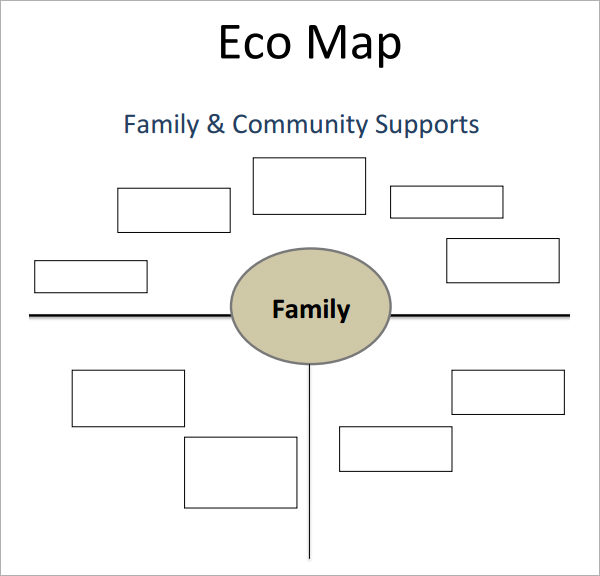


Is the patient’s mood appropriate for the situation?ĭoes the tone of the patient’s voice change as he talks?ĭoes the patient talk in a logical and organized way?ĭoes the patient tend to stray from your conversation?Īre your patient’s thoughts properly linked or are they scattered?ĭoes the patient fixate on a single idea?Ĭan the patient remember a list of objects after a few minutes have passed?ĭoes the patient remember events or people from his past?Ĭan the patient perform simple subtraction, addition, multiplication or division?Īre the patient’s responses appropriate for his education level? Is the patient pleasant, agitated or cooperative?Īre the patient’s behaviors appropriate for the situation?ĭoes the patient know where he is and why he’s there?Ĭan the patient tell you the day of the week and the complete date? Is does the patient use a normal volume, quantity, and tone while talking? How long is the patient’s attention span? Is the patient awake? If not, can you wake up the patient?Ĭan the patient stay focused on your conversation or questions? Is the patient dressed neatly showing clear attention to detail? What is the patient’s physical appearance? The components of a mental status exam example are: Often, you need several interactions along with information about the individual’s normal level of function in a mental status exam cheat sheet before you can come up with a meaningful conclusion about the patient’s condition. The results recorded in the mental status exam form can only produce a “snapshot” of your patient. Forming actual diagnoses using a mental status exam cheat sheet is the last step in this process and it goes way past the scope of this article.Įven for those who have had much knowledge and experience to produce diagnoses, this won’t be a possibility after only one encounter with the patient. Knowing when to stop a more comprehensive examination takes some experience. In some cases, the condition of the patient prevents a comprehensive, ordered assessment of his mental status and as such, flexibility becomes important. The primary goal here is to discern when such abnormalities exist then classify them as specifically as possible. In the course of practicing medicine daily, you may encounter persons with cognitive abilities that are significantly impaired, disordered thought processes, altered memory capacity, and otherwise, abnormal mental status. This interview can provide a chance to consciously consider the elements of a mental status exam template. Throughout the course of a normal interview with a patient, most of the information relevant to his assessment is indirectly gathered. In practice, providers don’t really perform mental status examinations explicitly designed to evaluate the mental status of an individual. Using the Creately Viewer, you can also embed it in websites or blogs.The components of a mental status exam template

If you wish to take print-outs, export it as a PDF.
#Ecomap template pdf download
If you wish to add your ecomap to a presentation or document you can download it as an image.Arrowheads should be added to show the direction. Use the various ecomap connector types to represent the quality of the relationship. Draw connecting lines between the external entities and your client/s.Round the circle in the centre, draw some more circles to represent people, institutions, entities etc.Write down their names and age in their representative shape. Represent males with squares and females with circles.However, if you are creating a family ecomap, represent the family members with a genogram in the middle of the circle.This is where you should list down the name of the individual. Start by drawing a circle in the middle of the canvas.You can invite your client to collaborate on the ecomap using a secure diagram share link as well. You can start with a Creately’s pre-made ecomap template or you can create it from scratch using the correct ecomap symbols and connections.You can create an ecomap yourself based on the interviews and research you have done on your client, or you can allow your client to draw it on their own.An ecomap is a popular social work assessment tool that is used to visualize the social and personal relationships of individuals/families have with their environment.


 0 kommentar(er)
0 kommentar(er)
